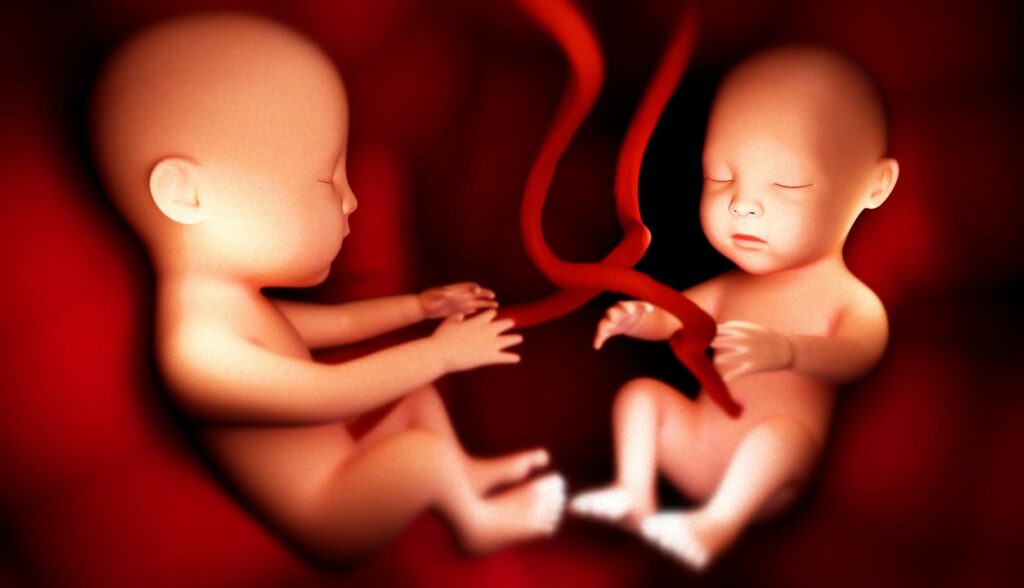
Women who take fertility drugs or are undergoing Ovarian Stimulation with the goal of becoming pregnant are more likely to have more than one fetus in a pregnancy.
Fetus is the term used to refer to a developing human being from 11 weeks gestation until birth. A multiple pregnancy or multiple gestation (High Order Pregnancy) can have 2 fetuses (pregnancy of twins ), 3 fetuses (pregnancy of triplets) or another number (higher number of babies in pregnancy).
Each added fetus increases the chances of a risky pregnancy and can be dangerous for both mother and babies. Early (premature) labor is one of the most common problems.
What kind of problems are common of having a multiple pregnancy?
Loss of pregnancy. The more fetuses there are in the uterus, the more likely its that the pregnancy will end in a miscarriage, premature delivery, or stillbirth. Sometimes one or more of the fetuses will not be seen on ultrasound, this phenomenon called missing twin syndrome. In fact, 1 in 3 pregnancies with more than one fetus will naturally reduce their number very early in the course of pregnancy.
Some premature babies can have problems with the lungs, stomach, and intestines, and may even die. Some need to stay in the neonatal intensive care unit for some time until the organs mature. Preterm labor can also cause bleeding in the brain, which can lead to problems with the baby’s nervous system and development. Also, it can cause motor problems and mental retardation, including cerebral palsy. Some problems may not be detected until children are older.
Problems for the mother
The risk of pregnancy complications increases with each fetus in the womb. Some women can develop high blood pressure in pregnancy, called preeclampsia or toxemia of pregnancy. This can be dangerous and lead to premature labor, seizures, and in extreme cases, death of the mother.
Gestational diabetes (problems with high blood sugar levels) is more likely to develop in a multiple pregnancy. In the early stages of a multiple pregnancy, a woman may have more nausea, vomiting, and constipation than a woman with a single baby pregnancy. Bleeding before and after delivery is also more frequent.
What can I do if my pregnancy is multiple?
If you are pregnant with more than one fetus, discuss the options with your doctor and partner.
Often, multiple pregnancies require specialized obstetric care, especially those of triplets or more babies.
There are many complications that cannot be prevented, but good care is important to reduce the risks.
Some women may choose to undergo a procedure called multifetal pregnancy reduction. This can be used to reduce the number of fetuses to a smaller number and increase the chances of having only one or two healthy children.
Women with serious health problems may consider this procedure necessary to make pregnancy less risky.
These patient articles are provided for informational purposes only and are not intended as a substitute for consultation with a medical professional. Patients with any specific questions about the items should consult their doctor.
In IREGA, we are ready to help you clarify all your questions.
Jefe del Servicio de Reproducción Humana
